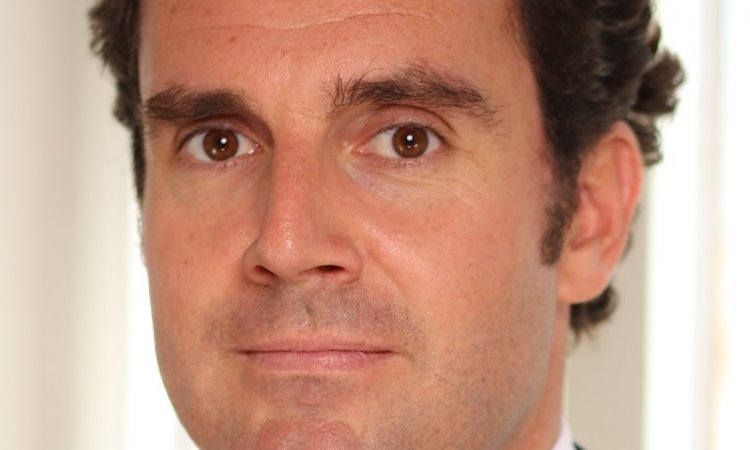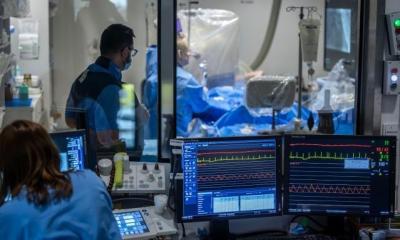Study
The digitalisation of healthcare economy
For years discussions have been rife regarding the economic efficiency and efficiency of information and communication technology. In Germany the need is to catch up with the interoperability of technical standards and cross-industry approaches.
Report: Anja Behringer

German hospitals continue to face big economic challenges. Many clinical processes and workflows need to be controlled in a better way and require reorganisation to ensure survival. In the hospital of the future information technology (IT) will play a central role – from the management of administrative and medical data to the networking with other hospitals to obtain fast access to diagnostic results etc. Therefore we should look at how hospital operators can be supported and encouraged to increase their investments in the expansion of IT infrastructures. This is also a political topic.
Controlling clinical processes with IT
The Federal Government is using the ‘Law on Safe Digital Communication and Applications in the Healthcare Sector’ (E-Health-Law) to pave the way for a speedy expansion of a comprehensive digital infrastructure with a mandatory timetable. Simultaneously, there will be financial incentives for surgeries and hospitals to digitise data sets for emergency cases and to switch to electronic letters. However, there are still data protection issues and the subject of patients’ rights of self-governance over their healthcare data to be resolved. The Study ‘Digitisation of the Healthcare Industry’ was introduced during the Conference on Health Economics in Hamburg: ‘How far along on the way towards Medicine 4.0 are German hospitals?’ Rochus Mummert Healthcare Consulting asked 310 executives in German hospitals.
On the way to Medicine 4.0
Three out of four German hospitals are – at least in individual projects – already on the way to Medicine 4.0. Twenty-eight percent of those surveyed stated that they have a cross-company digital strategy, 46% referred to individual digital projects already implemented in daily routine and 10% stated they were running test projects that are not yet completed. Eight percent are currently only watching developments in this field from the sidelines and 8% have not had any exposure to it at all.
The largest obstacle on the way to Medicine 4.0 is lack of finance – confirmed by 65% of all those surveyed – and 41% believe that the largest obstacle is particularly a general fear of change in hospitals. Two among every three hospital executives really do want to work in a more digitised environment. A further quarter could imagine themselves doing so, but would like to slow down the speed of this digital transformation.
However, those currently only just applying for jobs in the sector have to demonstrate a little more enthusiasm about their digital affinity. In the future, every other new job profile for business executives in the hospital will need digital know-how.
Every other hospital also deems medical and nursing care of patients as suitable areas for digitisation.When asked which area will benefit most from information technology, 83% of those surveyed first stated purchasing, followed by administration, resource planning, finance and accounting. Around half voted for medical/nursing care.
Asked in which departments the workflows in the hospital will be changed the most through increasing digitisation over the next five to 10 years, 62 percent stated that they believe it would be administrative tasks, expecting a reduction in bureaucracy. 49 percent expect big changes in medical care and 37 percent also expect there to be changes in nursing care. The digital transformation to Medicine 4.0 will definitely be a hospital topic. With professional introduction, this should not only benefit the budget but also the efficiency of employees’ daily routines.
11.11.2015





